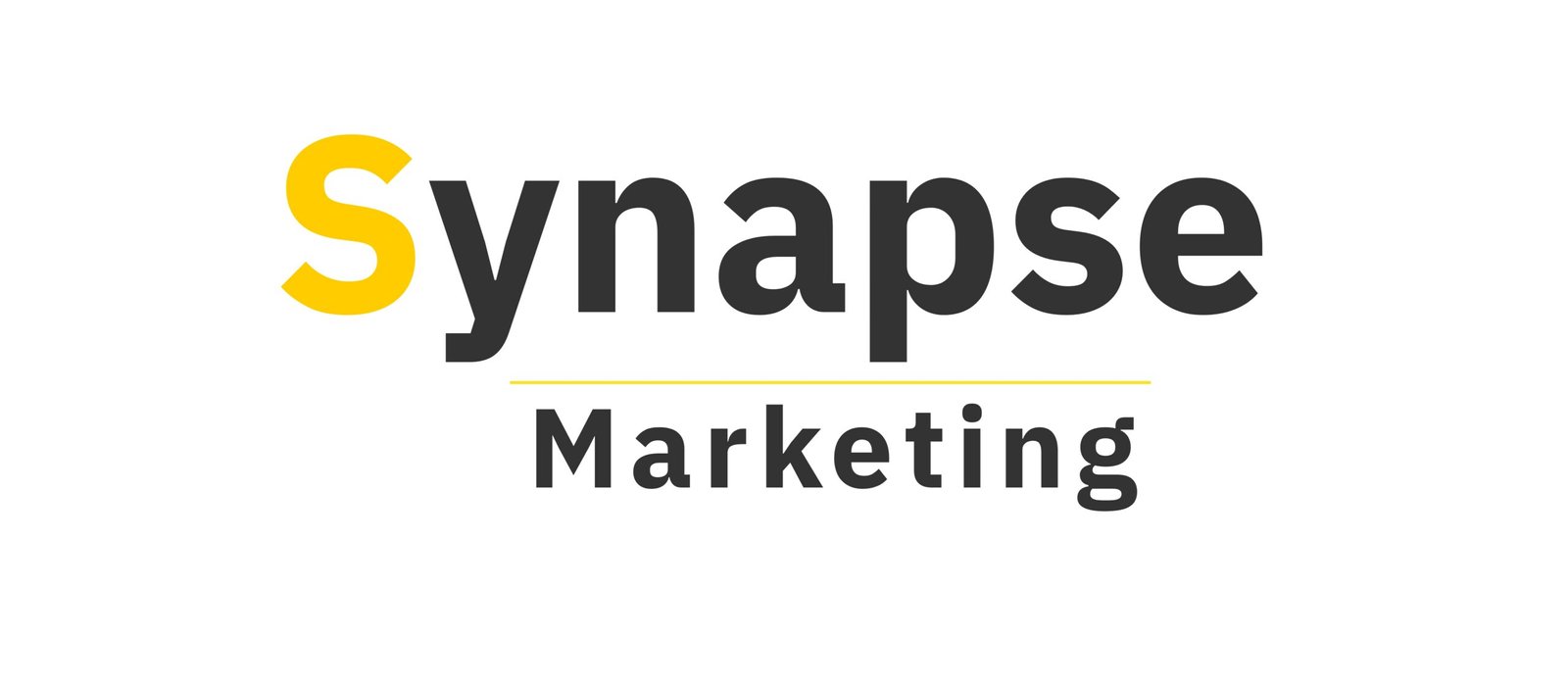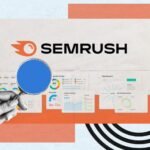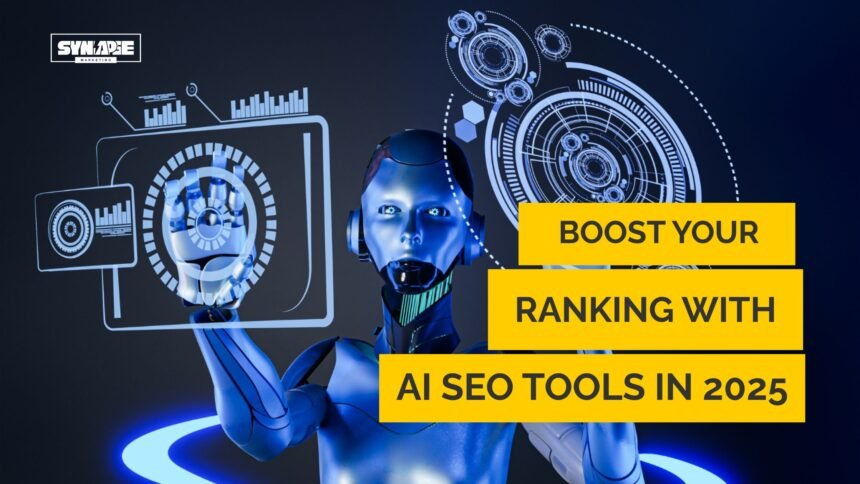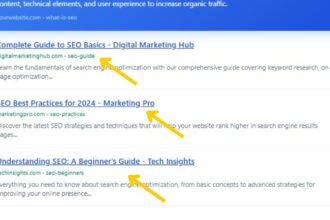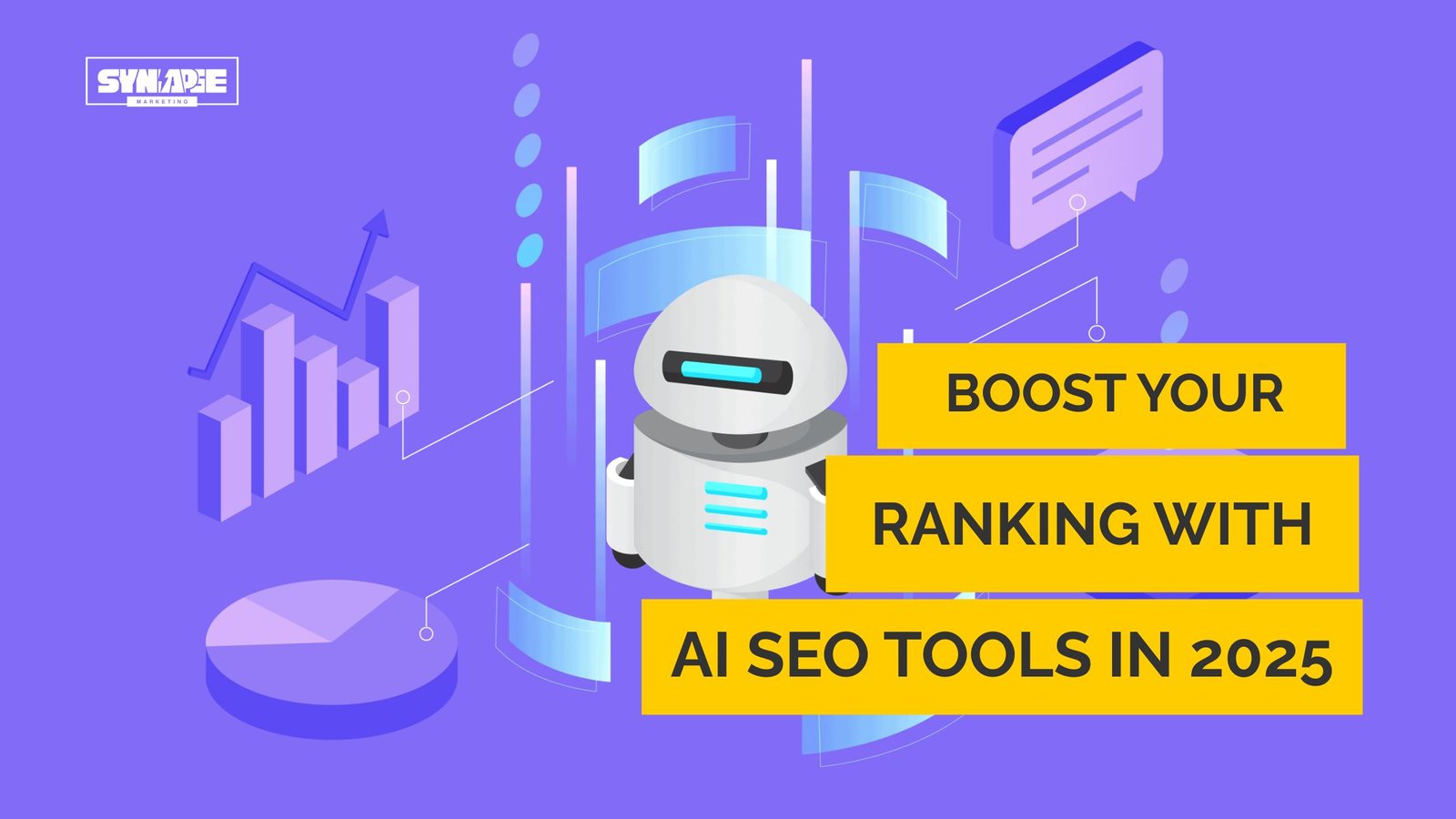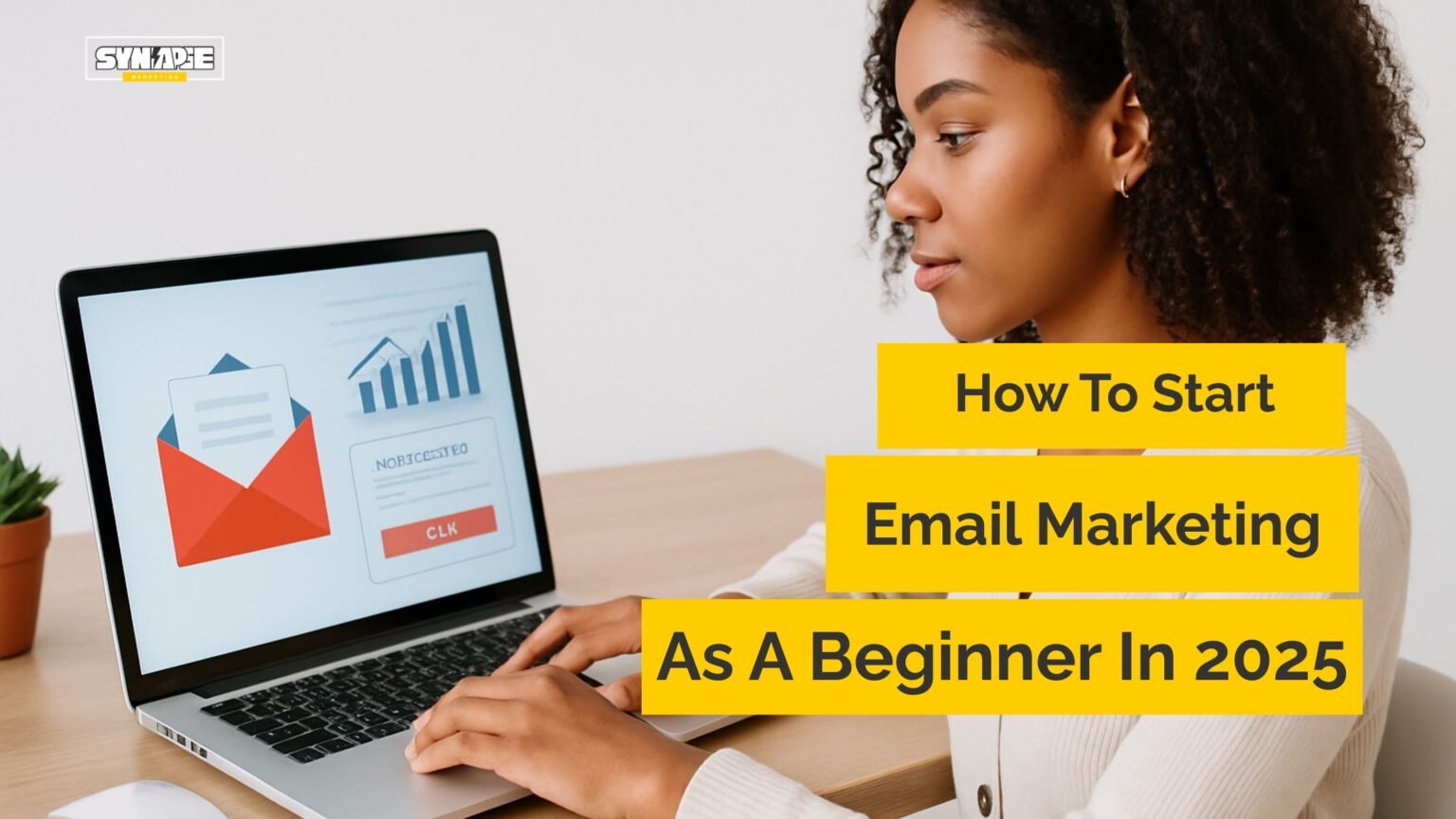I’ve spent years refining SEO strategies in an environment that’s evolving fast today, AI SEO Tools aren’t optional: they’re foundational. When I say “AI SEO Tools,” I refer to AI-powered SEO software built to make keyword research, content optimization, and predictive ranking analysis smarter and faster. In 2025, traditional SEO and AI SEO Tools must work together in harmony to dominate search results across both classic engines and answer‑driven platforms.
While old‑school SEO software focuses on backlink profiles and keywords, AI SEO Tools go further: they offer NLP keyword clustering to discover semantic connections, run SEO automation tools for technical audits, and deliver content optimization tools that respect search intent. I rely on these tools to boost topical relevance, generate insightful briefs, and streamline workflows.
I use AI SEO Tools not just to speed up tasks, but to elevate strategy — using AI content analysis and predictive SEO tools to anticipate ranking shifts before competitors.
In short, AI SEO Tools have made SEO smarter, faster, and more precise. This guide shares how to harness AI for sustainable ranking growth.
What Are AI SEO Tools and Their Core Functions
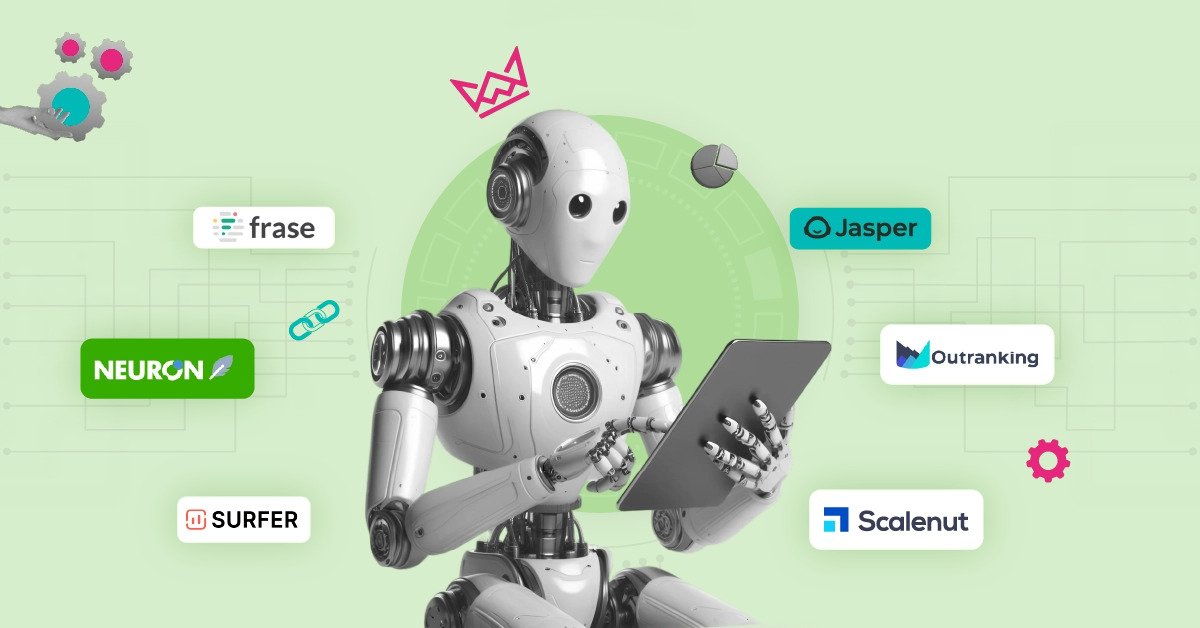
Let me walk you through how I define AI SEO Tools and why they have eclipsed traditional SEO tools in 2025. At their core, these are AI-powered keyword research platforms and AI content optimization tools that apply natural language processing to scale your SEO workflow. Unlike rule‑based SEO tools, AI SEO Tools combine machine learning, NLP, and semantic SEO insights to transform raw data into actionable strategy.
These tools excel across three key layers:
- Data ingestion — scraping SERPs, parsing logs, and understanding intent via cluster analysis;
- Semantic modeling — using entity extraction and vector scoring to map related topic clusters;
- Output automation — generating optimized content briefs, auditing internal linking and schema, and performing SEO automation at scale.
Here’s how I use them day-to-day: for AI-powered keyword research, I’ll run AI SEO Tools that surface topic clusters tied to search intent instead of fragmented lists. When I draft content, I use AI content optimization tools to ensure the article hits the right semantic signals and answers real user questions. Then I employ predictive SEO tools within the same platform to estimate rankings before I publish.
Unlike traditional tools that require manual checks, AI SEO Tools automate audits, monitor for ranking shifts in real time, and do internal linking suggestions proactively. That’s SEO automation tools for you. Plus, these tools respect AI search visibility—optimizing for both classic Google results and answer engines like ChatGPT or Gemini (also known as Answer Engine Optimization, or AEO) and Generative Engine Optimization or (GEO).
In essence, AI SEO Tools let me scale SEO with speed, accuracy, and insight—all while maintaining human control and authority in decision-making.
5 Reasons Every Marketer Needs AI SEO Tools
From my experience, the real power of AI SEO Tools isn’t just speed — it’s precision. These platforms give me insights and automation capabilities that traditional SEO software can’t match. Here’s why I consider them essential in 2025.
- Faster AI-powered keyword research & clustering
With AI SEO Tools, I can discover hundreds of keyword opportunities in minutes. The NLP keyword clustering feature groups related terms by intent, making it easier to target topic clusters and build authority. - Smarter content optimization
I use AI content optimization tools to fine-tune content for semantic relevance, ensuring it aligns with search intent and covers entity relationships. This improves both keyword rankings and topical authority. - Automated technical SEO audits
Manually checking every on-page and technical element is time-consuming. SEO automation tools scan my entire site, flag issues, and even suggest fixes — from schema enhancements to internal linking. - Predictive SEO insights
Some predictive SEO tools forecast ranking changes based on algorithm updates or competitor movements. This allows me to adapt strategies before traffic drops occur. - Content scalability without quality loss
By integrating AI writing assistants with semantic SEO tools, I can produce content faster without sacrificing originality or depth. The AI ensures each piece is optimized for both traditional SEO and AI search visibility.
The result? Higher search rankings, more targeted traffic, and less time spent on repetitive work. When implemented correctly, AI SEO Tools don’t just support strategy, they drive it. In competitive niches, this edge can mean the difference between staying visible and getting buried in search results.
How To Choose the Best AI SEO Tools for Your Needs
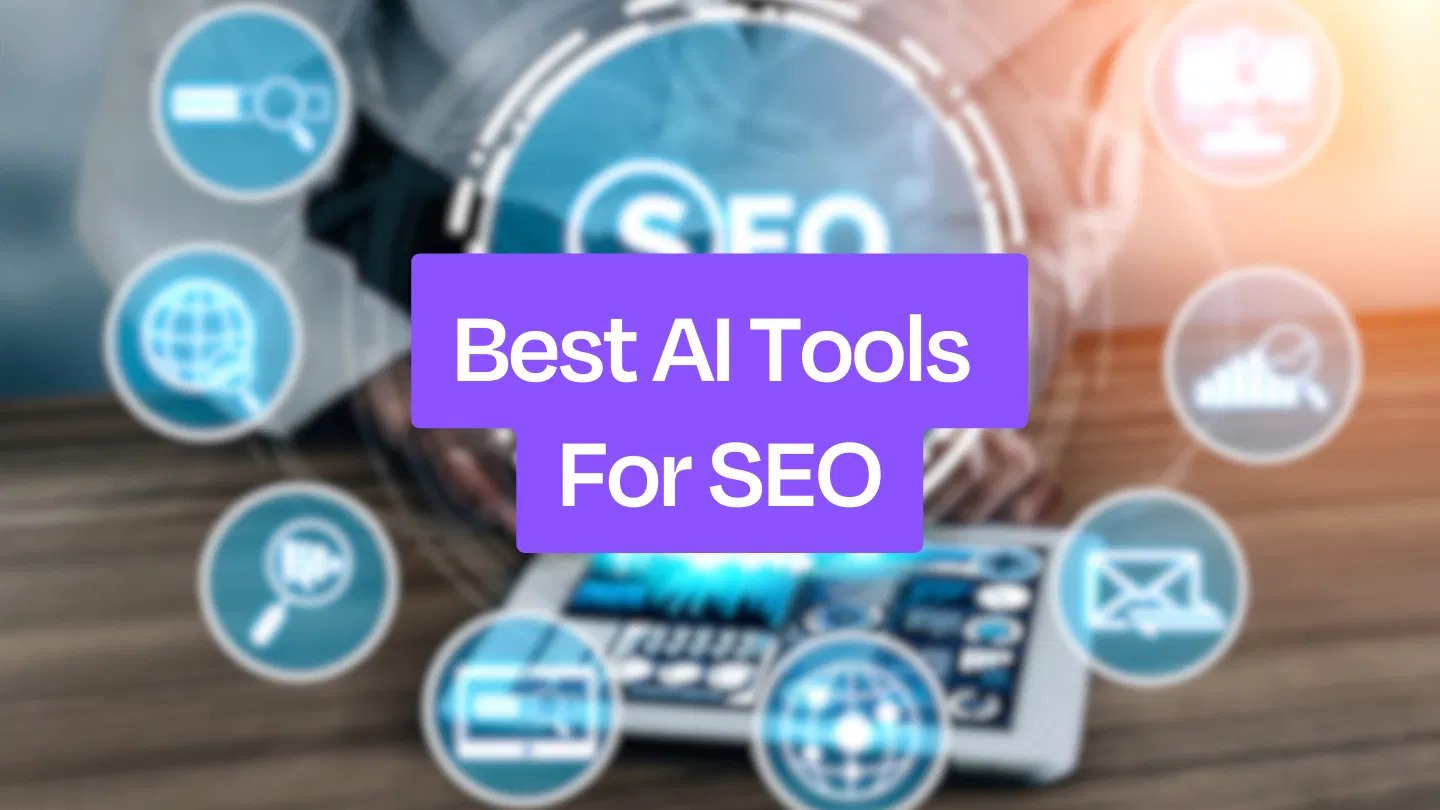
When I evaluate AI SEO Tools, I don’t just look at flashy features — I measure how well each tool fits my specific SEO goals. Here’s my framework for picking the right platform.
- Data accuracy and source quality
The value of AI SEO Tools depends on the freshness and reliability of their keyword, SERP, and backlink data. I prefer platforms that combine their own crawling technology with trusted APIs from major data providers. - Content optimization intelligence
A strong AI content optimization tool should leverage semantic SEO and NLP keyword analysis to improve relevance. I avoid tools that simply count keywords — instead, I look for those that identify entities, topics, and related search queries. - Workflow integration
Whether I’m working in WordPress, Shopify, or a headless CMS, seamless integration matters. The best SEO automation tools plug into my existing stack without breaking my process. - Scalability and customization
Agencies, ecommerce brands, and enterprise teams need AI SEO Tools that handle multiple projects, bulk audits, and team collaboration. Scalability ensures I’m not outgrowing the tool in six months. - ROI and pricing alignment
A $200/month tool might be worth it if it saves me 20+ hours or drives measurable ranking gains. I always compare subscription costs with potential traffic and revenue lift.
Ultimately, choosing AI SEO Tools is about aligning features with real outcomes. The right fit can transform SEO from a manual grind into a scalable, intelligent growth engine.
Top 12 AI SEO Tools You Should Try This in 2025
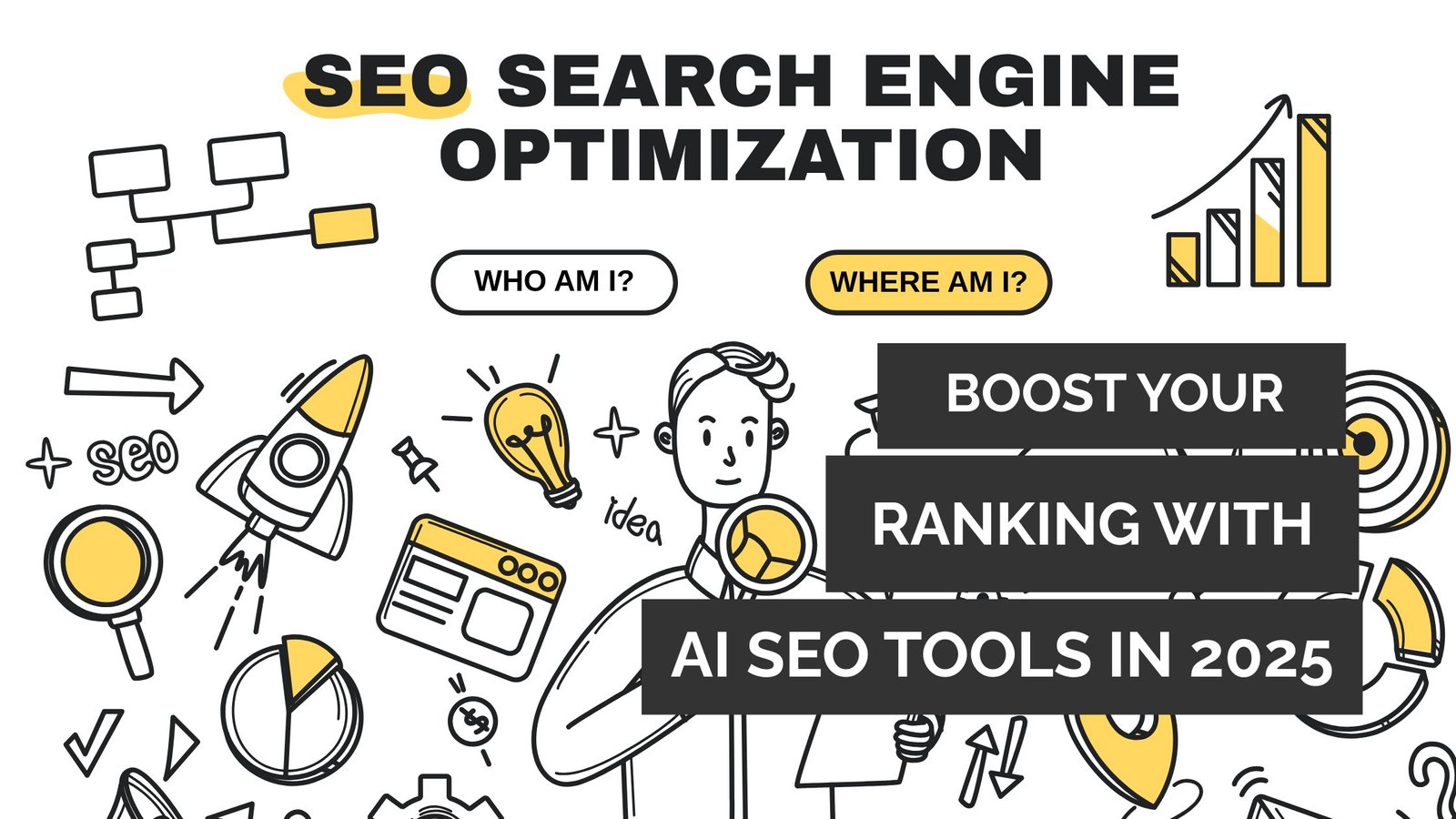
I’ve tested dozens of AI SEO Tools, and while there’s no one-size-fits-all, certain platforms consistently deliver strong results. Here’s my curated list for 2025, ranked not by popularity, but by performance in real SEO workflows.
1. Semrush AI Toolkit
Best for: All-in-one SEO with advanced AI features
Semrush’s AI Toolkit layers AI-powered keyword research, content optimization tools, and competitive intelligence on top of its already robust SEO suite. I use it to identify NLP keyword clusters, analyze SERPs, and track AI search visibility. Its predictive SEO tools even estimate traffic shifts based on competitor actions.
2. Surfer SEO
Best for: On-page AI content optimization
Surfer SEO combines semantic SEO analysis with AI content scoring, recommending keyword density, related terms, and structure adjustments. I’ve used it alongside AI writing assistants to ensure my content is search-intent aligned.
3. Clearscope
Best for: Semantic SEO at scale
Clearscope is an AI content optimization tool built for relevance. It uses natural language processing to surface high-impact terms, helping me write content that aligns with both user intent and search engine expectations.
4. Frase
Best for: AI-generated content briefs & topic research
Frase automates the research phase. I input a keyword, and it generates SEO content briefs with NLP keyword analysis, relevant questions, and SERP summaries. This saves me hours per article.
5. MarketMuse
Best for: Topic authority building
MarketMuse excels at AI-powered content analysis, identifying gaps and opportunities to build topical authority. Its predictive SEO tools estimate how changes will impact rankings.
6. Alli AI
Best for: Bulk SEO automation
Alli AI focuses on SEO automation tools for large sites. I’ve used it to apply site-wide optimizations instantly, including internal linking, meta tag updates, and schema enhancements.
7. Search Atlas
Best for: Agencies and white-label solutions
Search Atlas offers a full AI SEO platform with content optimization, backlink analysis, and keyword tracking. Agencies love its white-label reporting and scalable AI workflows.
8. SEO.ai
Best for: Ecommerce SEO
SEO.ai tailors AI SEO Tools to ecommerce needs — optimizing product descriptions, category pages, and metadata for both search engines and AI search visibility platforms.
9. Ahrefs (with AI Features)
Best for: Backlink and keyword intelligence
Ahrefs now integrates AI content analysis into its keyword and backlink reports, helping predict ranking trends and suggesting optimization strategies.
10. Keyword Insights
Best for: Keyword clustering & topical mapping
Keyword Insights uses AI keyword clustering to group related queries, making it easier to create content hubs that improve topical relevance.
11. Jasper AI (with SEO Mode)
Best for: Content creation with SEO scoring
Jasper combines AI writing assistants with content optimization tools that check readability, keyword use, and semantic coverage before publishing.
12. Outranking
Best for: AI-assisted content planning
Outranking automates content strategy — from keyword research to AI-optimized drafts — ensuring each page is optimized for semantic SEO and AI search visibility.
Comparison Table
| Tool | AI Specialization | Ideal For | Price Tier | Unique AI Advantage |
| Semrush AI Toolkit | All-in-one SEO + AI | Agencies, Enterprises | $$$ | Predictive traffic forecasting |
| Surfer SEO | On-page optimization | Bloggers, SMBs | $$ | AI-driven content scoring |
| Clearscope | Semantic SEO | Content Teams | $$$ | NLP-based term analysis |
| Frase | Content briefs | Writers, Agencies | $$ | AI SERP summarization |
| MarketMuse | Topical authority | Enterprises | $$$ | Predictive SEO modeling |
| Alli AI | Bulk automation | Large sites | $$ | Instant site-wide changes |
| Search Atlas | White-label SEO | Agencies | $$ | Custom-branded AI reporting |
| SEO.ai | Ecommerce SEO | Online Stores | $$ | Product-focused optimization |
| Ahrefs + AI | Link & keyword intel | All niches | $$$ | Predictive backlink value |
| Keyword Insights | Keyword clustering | Content Marketers | $ | Intent-based grouping |
| Jasper AI | AI writing + SEO | Content Creators | $$ | SEO Mode scoring |
| Outranking | AI planning | Agencies, SMBs | $$ | Strategy-to-draft automation |
Why this list works for me:
I’ve selected these AI SEO Tools based on real-world performance, not hype. Some excel in AI-powered keyword research, others in content optimization tools or SEO automation tools. The key is matching the tool’s AI strength to your SEO goals.
6 Step-by-Step Workflow for AI SEO Tools Success

Over the years, I’ve built a repeatable SEO process powered almost entirely by AI SEO Tools. The goal isn’t just to automate — it’s to make every step smarter, faster, and data-driven. Here’s my workflow from keyword discovery to measurable ranking growth.
1. AI-powered keyword discovery & clustering
I start with AI-powered keyword research using tools like Semrush AI Toolkit or Keyword Insights. These platforms run NLP keyword clustering to group related search queries by intent. This helps me target full topic clusters, not just isolated keywords — a core principle in semantic SEO.
2. Intent mapping & content brief generation
Once I have my clusters, I use AI content optimization tools like Frase or MarketMuse to generate detailed content briefs. The briefs include entity-based keyword suggestions, questions users are asking, and SERP feature opportunities. This ensures every piece of content aligns with both search intent and AI search visibility considerations.
3. AI-assisted content creation & optimization
With the brief ready, I use Jasper AI or Surfer SEO in “SEO Mode” to draft and optimize the content. I pay attention to semantic term coverage, readability, and predictive SEO tools scoring, so I can anticipate ranking potential before publishing.
4. Automated on-page & technical SEO audit
Before content goes live, I run a scan with SEO automation tools like Alli AI or Search Atlas. They flag missing schema, poor internal linking, slow-loading assets, and other issues. I can apply fixes instantly site-wide instead of page-by-page.
5. Structured data & internal linking enhancement
One of the most overlooked steps is building structured data (schema markup) and internal link networks. Some AI SEO Tools now suggest entity-rich anchor text and auto-generate FAQ schema to improve CTR and relevance signals.
6. AI-driven performance tracking & iteration
After publishing, I use the same AI SEO Tools to track rankings, engagement metrics, and competitive movements in real time. Predictive models forecast when a page might lose visibility, allowing me to refresh content before traffic dips.
Tip from my experience:
The magic isn’t in using AI SEO Tools in isolation, it’s in combining them. For example, I might use Semrush AI Toolkit for keyword research, Frase for brief generation, Jasper for drafting, Surfer for on-page optimization, and Alli AI for technical SEO automation. Each tool’s AI strength compounds into a system that keeps my sites ahead of competitors.
Common AI SEO Tools Mistakes and How to Avoid Them
I’ve seen businesses invest in AI SEO Tools only to see little to no improvement — not because the tools don’t work, but because they’re used incorrectly. Here are the most common mistakes I’ve encountered and how to avoid them.
- Blindly trusting AI output
AI is powerful, but it’s not infallible. Some marketers publish AI-generated content without reviewing it for accuracy, tone, or brand alignment. Even the best AI content optimization tools can miss nuances, so I always edit with a human touch. - Ignoring search intent
Just because AI-powered keyword research finds high-volume terms doesn’t mean they’re the right ones. Without matching keywords to intent, rankings can fail to convert into meaningful traffic. - Over-automation
Some users rely on SEO automation tools for every decision — from meta descriptions to topic selection — and end up with generic, low-impact content. I automate repetitive tasks but keep strategic decisions human-led. - Outdated or incomplete datasets
Not all AI SEO Tools update their databases in real time. Using stale keyword or backlink data leads to poor targeting. I choose tools with frequent data refresh cycles. - Neglecting technical SEO fundamentals
AI can enhance semantic SEO and AI search visibility, but if your site loads slowly or lacks proper indexing, results will stall. I make sure technical SEO is sound before scaling AI-powered strategies.
The bottom line: AI SEO Tools are most effective when paired with human oversight, fresh data, and a clear SEO strategy.
AI SEO Tools Pricing and ROI Calculation
When I evaluate AI SEO Tools, I don’t just consider features — I calculate whether the investment will pay off in measurable ranking gains and traffic growth. Pricing varies widely depending on the scope of the tool, so it’s important to match cost to business goals.
- Free vs. paid AI SEO tools
Free AI-powered keyword research tools can be a good starting point, but they usually have limits on queries, data depth, or AI content optimization features. Paid tools often include SEO automation tools, real-time rank tracking, and semantic SEO capabilities. - Subscription tiers
- $30–$60/month — Basic plans for solopreneurs and small blogs, covering core AI SEO Tools features like keyword clustering and basic content scoring.
- $80–$150/month — Professional tiers for content marketers and small agencies, offering bulk AI content optimization, predictive SEO tools, and advanced reporting.
- $200+/month — Enterprise plans with large-scale SEO automation tools, API access, white-label reporting, and multi-domain management.
- Calculating ROI
I measure ROI by comparing the tool’s cost with the value of the organic traffic gains it generates. For example, if a $150/month tool helps a page move from position #10 to #3 for a high-value keyword, the increase in monthly leads or sales can easily justify the subscription. - Scaling strategically
I recommend starting small — test one or two AI SEO Tools for 90 days. Track traffic, rankings, and conversions, then scale investment once you’ve validated the results.
In short, the best AI SEO Tools aren’t the cheapest or most expensive — they’re the ones that give you the highest return for your specific SEO goals.
Real-World Success Stories with AI SEO Tools
I believe the best way to prove the value of AI SEO Tools is to show how they’ve worked in practice. These examples illustrate how different platforms deliver measurable results.
Case Study 1 – Frase + Clearscope for Content Velocity
A SaaS client needed to publish 30+ optimized blog posts in 90 days. Using AI-powered keyword research from Frase and semantic SEO analysis from Clearscope, we built briefs that aligned with user intent. Content rankings improved within four weeks, with 12 posts hitting Google’s top 5 results.
Case Study 2 – Search Atlas for Agency SEO at Scale
An agency managing 50+ local business sites adopted SEO automation tools from Search Atlas. The platform’s bulk meta updates, AI content optimization tools, and white-label reporting saved over 100 staff hours per month. Client retention rose by 18% due to faster, more visible results.
Case Study 3 – SEO.ai for Ecommerce Growth
A mid-sized ecommerce brand optimized 500+ product descriptions using SEO.ai’s AI content analysis and NLP keyword clustering. Within three months, organic traffic to product pages increased by 42%, and sales from organic search improved by 28%.
Key takeaway from all three: The right mix of AI SEO Tools can drastically reduce time-to-rank while maintaining quality. Whether the goal is scaling content, improving technical SEO, or increasing AI search visibility, the impact is tangible when strategy and execution align.
Frequently Asked Questions About AI SEO Tools
What are AI SEO Tools?
AI SEO Tools are software platforms that use artificial intelligence to improve search engine optimization. They automate keyword research, content optimization, technical SEO audits, and even predictive SEO analysis to help websites rank higher faster.
Are AI SEO Tools better than traditional SEO tools?
Not necessarily in all cases, but they offer capabilities traditional tools can’t match — like NLP keyword clustering, semantic SEO recommendations, and AI search visibility optimization for emerging platforms such as AI answer engines. I often use them alongside traditional tools for a complete strategy.
Can AI SEO Tools replace human SEO experts?
No. While SEO automation tools can streamline repetitive tasks, human expertise is still essential for strategy, brand voice, and creative decision-making. AI is best used as an assistant, not a replacement.
What’s the best AI SEO Tool for beginners?
For beginners, I recommend Frase for AI-powered keyword research and content briefs, and Surfer SEO for AI content optimization tools. Both are user-friendly and deliver immediate value.
How do AI SEO Tools help with content optimization?
They analyze content for semantic relevance, suggest related entities, and align copy with search intent. This ensures articles are optimized not just for keywords, but for topics and concepts search engines recognize.
Do AI SEO Tools work for local SEO?
Yes. Many platforms integrate local SEO automation, such as optimizing Google Business Profiles, generating geo-targeted content, and clustering location-specific keywords.
Conclusion: Master AI SEO Tools to Dominate Rankings in 2025
Over the years, I’ve seen SEO evolve from manual keyword tracking to fully integrated AI-driven strategies. In 2025, AI SEO Tools aren’t just helpful — they’re a necessity for competitive search rankings. Whether you’re running a personal blog, managing an ecommerce store, or leading a full-scale agency, these platforms can transform how you approach keyword research, content optimization, and SEO automation.
The key is not to treat AI as a magic button. The best results come from combining the analytical speed of AI with the creativity and strategic thinking only a human can bring. I rely on AI-powered keyword research to uncover opportunities faster, semantic SEO tools to make content contextually relevant, and predictive SEO tools to stay ahead of algorithm shifts.
If you haven’t integrated AI SEO Tools into your workflow yet, now is the time. Start small, measure results, and scale strategically. The sooner you adapt, the better positioned you’ll be to capture traffic, authority, and visibility — both in traditional search engines and in the emerging world of AI search visibility.
